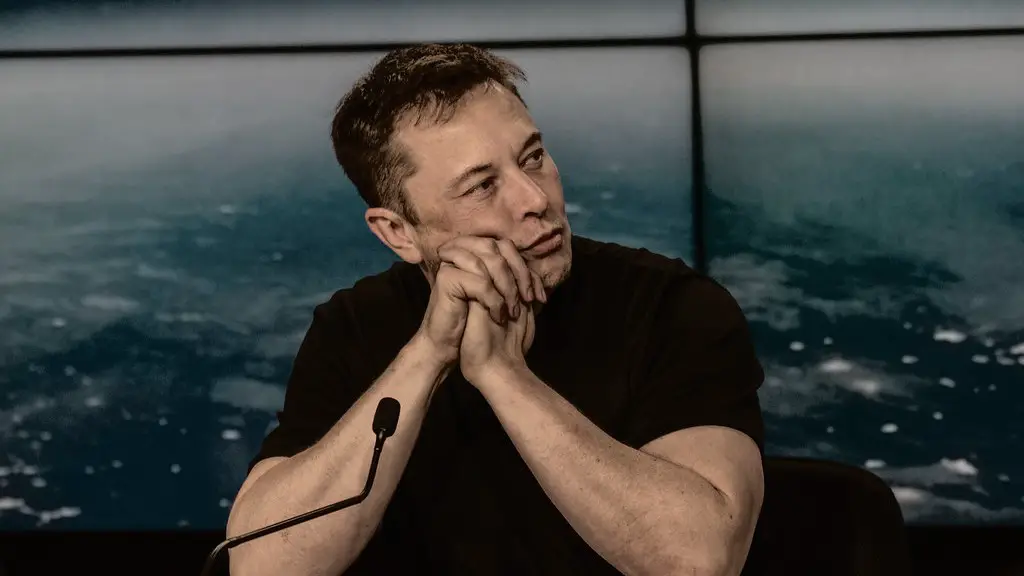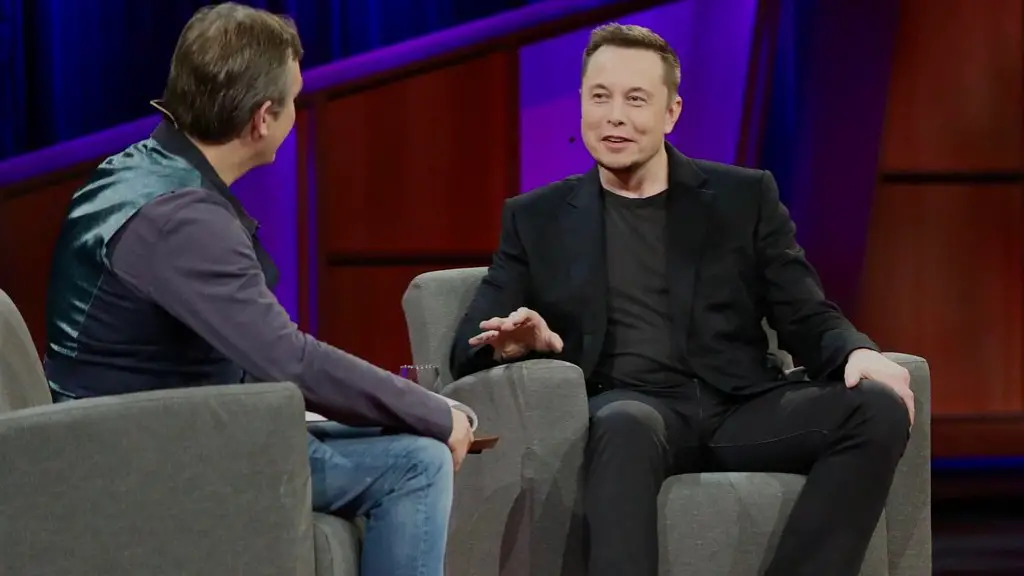Early Life
Elon Reeve Musk was born in Pretoria, South Africa in 1971. He was a child prodigy, repeatedly scoring in the top percentile of international examinations and later graduating from the University of Pennsylvania with two degrees—one in economics and the other in physics. He also enrolled in a PhD program at Stanford, but left two days later, choosing instead to seize the opportunity to make his career in the emerging world of technology startups.
An early foray into the world of venture capital brought Musk massive success, and permitted him to fund and found a number of companies, including Zip2, an early internet city guide; X.com, an early digital payments firm; and SpaceX, an aerospace manufacturer.
Career Trajectory
Despite no technical background, Musk spearheaded the development of innovative automotive and aerospace technologies, earning him global recognition and a reputation of being a tough-talking, ambitious entrepreneur and investor.
Musk launched Tesla Motors in 2003, with the mission to accelerate the world’s transition to sustainable energy. With a focus on fully electric vehicles, the company has grown to become the premier electric vehicle manufacturer and a major player in the auto industry, shipping 400,000 cars in 2020.
Months prior, SpaceX became the world’s first private company to launch a spacecraft into orbit, marking a turning point in the evolution of commercial spaceflight. Musk’s endeavor continues to break new ground, directly engaging in the development of space exploration technology and regularly launching astronauts into orbit to the International Space Station.
On Becoming Elon Musk
Despite his lack of formal engineering or technical experience, Musk was able to leverage his natural talent in problem solving and attacking complex issues in unique, intuitive ways. His ambition has fueled his relentless pursuit of the unknown: SpaceX’s development of the world’s first rocket to be reflown and reused, Tesla’s launch of its semi-autonomous driving systems, and even Hyperloop, an experimental transportation system designed to move people and cargo faster than a plane.
Since his pioneering tech ventures, Musk has grown to become an unrivaled business leader—holding positions as CEO of various companies, launching a constellation of satellite internet connectivity providers, and being elected Chairman of the Board of SolarCity, a manufacturer of solar energy panels.
Philanthropy
In addition to his business ventures, Musk has made a name for himself as a philanthropist, working on projects ranging from artificial intelligence and aerospace to sustainable energy, education and engineering.
In 2004, he founded the Musk Foundation, which has donated money to numerous charities and played a key role in the establishment of the Tesla Science Center at Wardenclyffe, a museum honoring former inventor and Tesla Motors employee Nikoli Tesla. Through his foundation, Musk has made smaller donations to other charitable organizations focused on literacy, health and education.
Innovative Leadership
Experts agree that Musk’s success is due in part to his tenacious and unique style of leadership. His well-rounded skillsets enable him to wear many hats: investor, operator and mentor.
Successful business owners such as Musk are often characterized by their ability to empower the people around them and work collaboratively to help open up avenues of innovation. Through his unconventional decision-making, personal financial and strategic commitments, Musk has become the iconic face of modern-day inventors.
The key to his success, however, lies in his commitment to think and plan ahead. Rather than waiting for his competitors to make the first move, Musk has always been a few steps ahead, taking calculated risks and consistently redefining the future of technology.
Unshakable Ambition
Through his relentless ambition and time-honored determination, Musk has been able to achieve the unimaginable—bringing futuristic ideas to life. From his ambitious pursuit to colonize Mars with SpaceX, to his revolutionary, product launch after product launch, Musk has not only established himself as an icon of 21st-century technology, but as an enduring symbol of resilience, focus and innovation.
Changing Perceptions
In a world that is increasingly focused on digital transformation, the influence of Musk cannot be overstated. His inspiration and ambition have the potential to completely redefine numerous industries and overturn long-held perceptions of what science, technology and business can achieve.
In recent years, Musk has showed an unwillingness to settle for anything less than the best, focusing on introducing industry-changing technologies and tirelessly pushing knowledge and capability boundaries, ultimately striving to make the world a better place.
Enduring Legacy
The impact of Musk’s long-term ambition and vision, and financial resources, is undeniable. His goal-oriented, focused approach has enabled him to create revolutionary products, tackle complex problems and build entities that have changed the very fabric of our society.
Though detractors may dismiss some of his ideas as overly ambitious, one cannot deny the impressive track record Musk has created and his vision of the future. The world of technology has been changed by Musk’s presence, and his legacy of innovation is likely to endure for many years to come.


